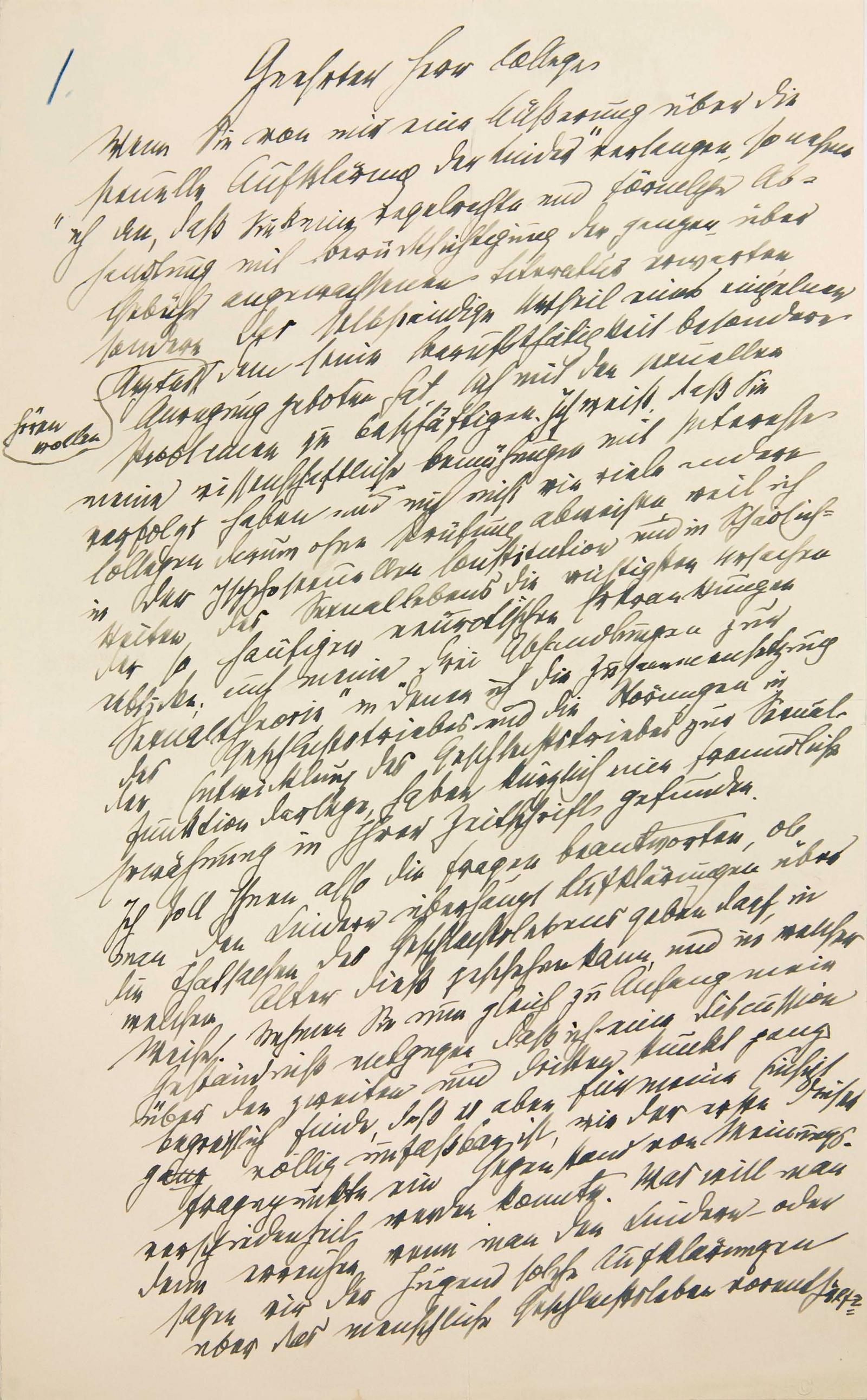History of the Vienna Psychoanalytic Society

Having laid the foundations for psychoanalytic theory building with the publication of the
„Studies in Hysteria“ (1895), „The Interpretation of Dreams“ (1900) and „The Psychopathology of Everyday Life“ (1901), Freud started the so-called Psychological Wednesday Circle in 1902, gathering colleagues interested in the psychoanalytic method to give lectures and discuss them in his office rooms on Wednesday evenings. In 1908 the group was renamed ›Vienna Psychoanalytic Society‹, and on 12 October 1910 the VPS was set up as a registered association. In the same year the International Psychoanalytical Association (IPA) was established. By that time the psychoanalytic technique had evolved enough to be distinguishable from „wild“ psychoanalysis and a theoretical frame could be provided for members who wished to call themselves psychoanalysts (cf. „Recommendations for Physicians on the Psycho-Analytic Method of Treatment“, 1912, English 1924). In 1917 Freud eventually published the „Lectures on Psycho-Analysis“ presenting psychoanalysis not only as a method, but also as a theoretical structure developed through methodical work with the unconscious.
After World War I and the International Congress in Budapest in 1918 a tendency towards systematising the training of psychoanalysts set in, leading to the institutionalisation of the „instructional analysis“ as an indispensable training requirement in 1920 in Berlin and in 1924 in Vienna. Since then, only those who, besides studies of psychoanalytic theory and clinical practice under supervision, have undergone a personal training analysis (›Eitingon model‹), can claim to be qualified psychoanalysts.
Between 1920 and 1933 psychoanalysis proliferated and became one of the leading forms of psychotherapy. In 1933 abuse and destruction of psychoanalysis by national socialism in Germany started. The Vienna Psychoanalytic Society was dissolved in 1938, one day after the Nazi annexation of Austria. All but two members were able to flee abroad and later became highly influential in the fields of psychiatry, psychology, social work and psychosomatic medicine, particularly in Great Britain and the United States. At the time of its liquidation, the Vienna Psychoanalytic Society had 68 members. It not only ran a training institute, but also an outpatient clinic for the treatment of destitute patients.
On 10 April 1946, the VPS was able to resume its activities under August Aichhorn, and the association founded in 1910 was re-established. The VPS immediately took up its affiliation with the International Psychoanalytical Association and resumed its training activities. From the end of the 1960s, interest in psychoanalysis increased significantly and the number of training candidates began to rise.
Despite (or because of) the high training standards, interest in psychoanalytic training has steadily increased in recent years.
Close cooperation with the Department of Psychoanalysis and Psychotherapy of the Medical University of Vienna provides an academic link for our psychoanalytic training.
The VPS‘s research activities have increased significantly over the last decades – also at an international level.
The Counselling Centre for Patients, which had been in operation since 1991, developed into the Vienna Psychoanalytic Outpatient Clinic, and in 1999, the VPS‘s outpatient clinic, which had been liquidated in 1938, was formally reopened. Detailed information on the history of the outpatient clinic can be found here.
To this day, the Vienna Psychoanalytic Society is the psychoanalytic association with the largest membership in Austria. Specialised training in psychoanalysis is conducted in cooperation with the Vienna Psychoanalytic Association (https://psychoanalyse.or.at/). In 2006, the two associations jointly established the ›Vienna Psychoanalytic Academy‹, a centre for psychoanalysis and its applications that is open to the interested public. The Sigmund Freud Lectures held twice annually are also organised via the Psychoanalytic Academy.